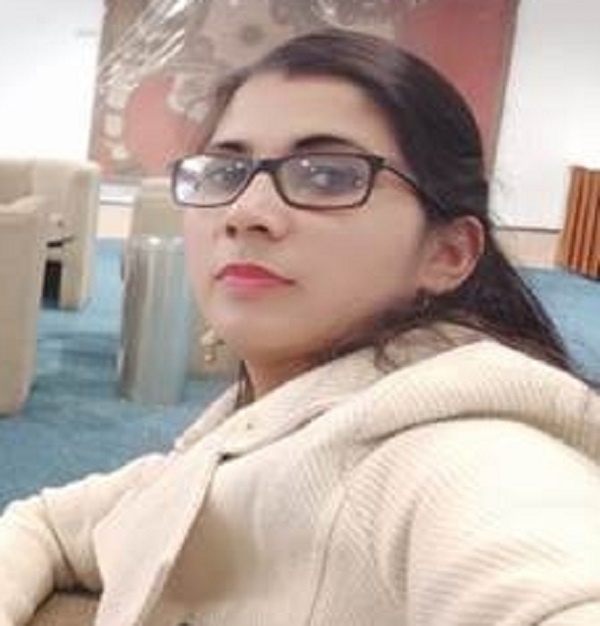
New Delhi, (Asian independent) A Senior Research Fellow at the ICMR who left her work to take care of her daughter earlier has now found a channel to utilise her scientific knowledge as a Patent Associate (Science) at one of India’s leading IPR firms.
Amita Kumari, a PhD in Chemistry from Chaudhary Charan Singh University, Meerut, who had left her Senior Research Fellowship at ICMR, will now be as a Patent Associate (Science) in one of India’s leading IPR firms, thanks to a government initiative.
The Women Scientists Scheme (WOS-C) has been evolved by the Department of Science & Technology for providing opportunities to women scientists, who desire to return to mainstream science and work in the area of Intellectual Property Rights (IPR).
WOS-C scheme aims to train women having qualifications in science/engineering/ medicine or allied areas in the area of IPR and their management for a period of one year. The training will allow them to work from their homes and thus maintain a good balance between professional and domestic demands. The scheme is being implemented by the Patent Facilitating Centre (PFC) of Technology Information, Forecasting & Assessment Council (TIFAC) on behalf of the DST.
Few years ago, Amita Kumari abandoned her career after the birth of her daughter. As she was struggling to balance her career with the responsibility of her only daughter and duties towards her family, selection for the WOS-C training came to her rescue.
The training gives substantial exposure in handling a wide variety of Patent Applications in Indian and various foreign jurisdictions. The month-long orientation programme and lectures from eminent speakers are aimed at changing the way of thinking of the participants, a release from the DST said.
“Selection in the programme was a turning point in my life. During WOS-C training, I received substantial exposure in handling a huge range of patent applications. I needed to prioritise my responsibilities towards family. Balancing career and family simultaneously was quite challenging. WOS-C training boosted my confidence and helped me to nurture my dream, to be a successful IPR professional,” she said.
Having completed her training under the 11th batch of WOS-C fellowship instituted by the DST and implemented by TIFAC, she has been practicing drafting, filing, and prosecuting across jurisdictions and forums like Patent Cooperation Treaty (PCT), European Patent Office (EPO), Japan Patent Office (JPO), United States Patent and Trademark Office (USPTO) Korean Intellectual Property Office (KIPO), Russian governmental agency in charge of intellectual property Rospatent, Canadian Intellectual Property Office (CIPO), China National Intellectual Property Administration (CNIPA), Saudi Authority for Intellectual Property (SAIP) and Australian patents (AusPat).
Her areas of patent operations include mainly Pharmaceuticals, Chemicals, and Nano-Technology.
The WOS-C training not only helped her develop IPR skills but also assisted her in finding placement at LexOrbis, an Intellectual Property Law Firm, in New Delhi during the tough pandemic period.
“It is a very well-thought programme that provides women opportunities to return to mainstream science after a break in career and continue balancing family duties and responsibility together, without wasting the scientific knowledge gained over the years,” she stressed.







